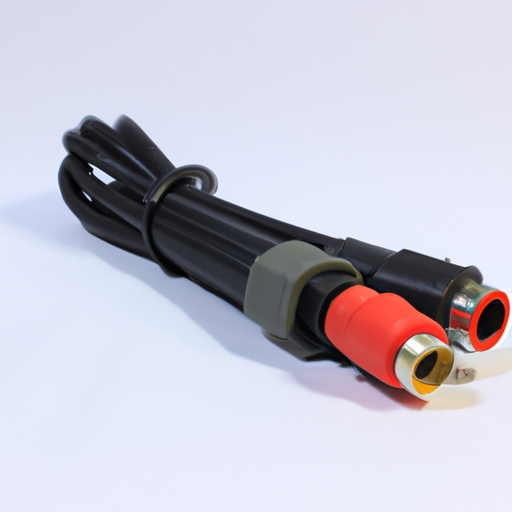Power connectors are an essential component in many electronic devices, providing the necessary connection between the power source and the device itself. These connectors come in a variety of shapes and sizes, each designed to meet specific standards to ensure safety, reliability, and compatibility with different devices.
enter;margin:5px 0;'>

Product standards for power connectors are set by various organizations, including the International Electrotechnical Commission (IEC), the Institute of Electrical and Electronics Engineers (IEEE), and the Underwriters Laboratories (UL). These standards cover a wide range of requirements, including electrical performance, mechanical durability, and safety features.
One of the most important product standards for power connectors is the IEC 60320 standard, which specifies the requirements for connectors used in household and similar electrical appliances. This standard covers aspects such as current rating, voltage rating, temperature rise, and mechanical strength. Power connectors that meet the IEC 60320 standard are considered safe and reliable for use in a wide range of applications.
Another important product standard for power connectors is the UL 817 standard, which is specific to power supply cords and cord sets used in North America. This standard covers requirements for insulation, conductor size, and plug and receptacle design. Power connectors that meet the UL 817 standard are certified for use in North American markets and are considered safe and reliable.
In addition to these general standards, there are also specific standards for different types of power connectors, such as AC power plugs and sockets, DC power connectors, and USB connectors. These standards cover aspects such as pin configuration, contact resistance, and mating cycles. Power connectors that meet these specific standards are designed to work seamlessly with devices that require a particular type of connection.
When selecting a power connector for a specific application, it is important to consider the product standards that apply to that connector. By choosing a connector that meets the relevant standards, you can ensure that your device will operate safely and reliably. It is also important to consider factors such as the current and voltage ratings of the connector, the environmental conditions in which it will be used, and the mechanical durability of the connector.
In conclusion, product standards for power connectors are essential for ensuring the safety, reliability, and compatibility of electronic devices. By selecting connectors that meet these standards, you can be confident that your devices will operate as intended and will not pose a risk of electrical hazards. Whether you are designing a new electronic device or replacing a power connector in an existing device, it is important to consider the relevant product standards to ensure the best possible performance.
Power connectors are an essential component in many electronic devices, providing the necessary connection between the power source and the device itself. These connectors come in a variety of shapes and sizes, each designed to meet specific standards to ensure safety, reliability, and compatibility with different devices.
enter;margin:5px 0;'>

Product standards for power connectors are set by various organizations, including the International Electrotechnical Commission (IEC), the Institute of Electrical and Electronics Engineers (IEEE), and the Underwriters Laboratories (UL). These standards cover a wide range of requirements, including electrical performance, mechanical durability, and safety features.
One of the most important product standards for power connectors is the IEC 60320 standard, which specifies the requirements for connectors used in household and similar electrical appliances. This standard covers aspects such as current rating, voltage rating, temperature rise, and mechanical strength. Power connectors that meet the IEC 60320 standard are considered safe and reliable for use in a wide range of applications.
Another important product standard for power connectors is the UL 817 standard, which is specific to power supply cords and cord sets used in North America. This standard covers requirements for insulation, conductor size, and plug and receptacle design. Power connectors that meet the UL 817 standard are certified for use in North American markets and are considered safe and reliable.
In addition to these general standards, there are also specific standards for different types of power connectors, such as AC power plugs and sockets, DC power connectors, and USB connectors. These standards cover aspects such as pin configuration, contact resistance, and mating cycles. Power connectors that meet these specific standards are designed to work seamlessly with devices that require a particular type of connection.
When selecting a power connector for a specific application, it is important to consider the product standards that apply to that connector. By choosing a connector that meets the relevant standards, you can ensure that your device will operate safely and reliably. It is also important to consider factors such as the current and voltage ratings of the connector, the environmental conditions in which it will be used, and the mechanical durability of the connector.
In conclusion, product standards for power connectors are essential for ensuring the safety, reliability, and compatibility of electronic devices. By selecting connectors that meet these standards, you can be confident that your devices will operate as intended and will not pose a risk of electrical hazards. Whether you are designing a new electronic device or replacing a power connector in an existing device, it is important to consider the relevant product standards to ensure the best possible performance.
